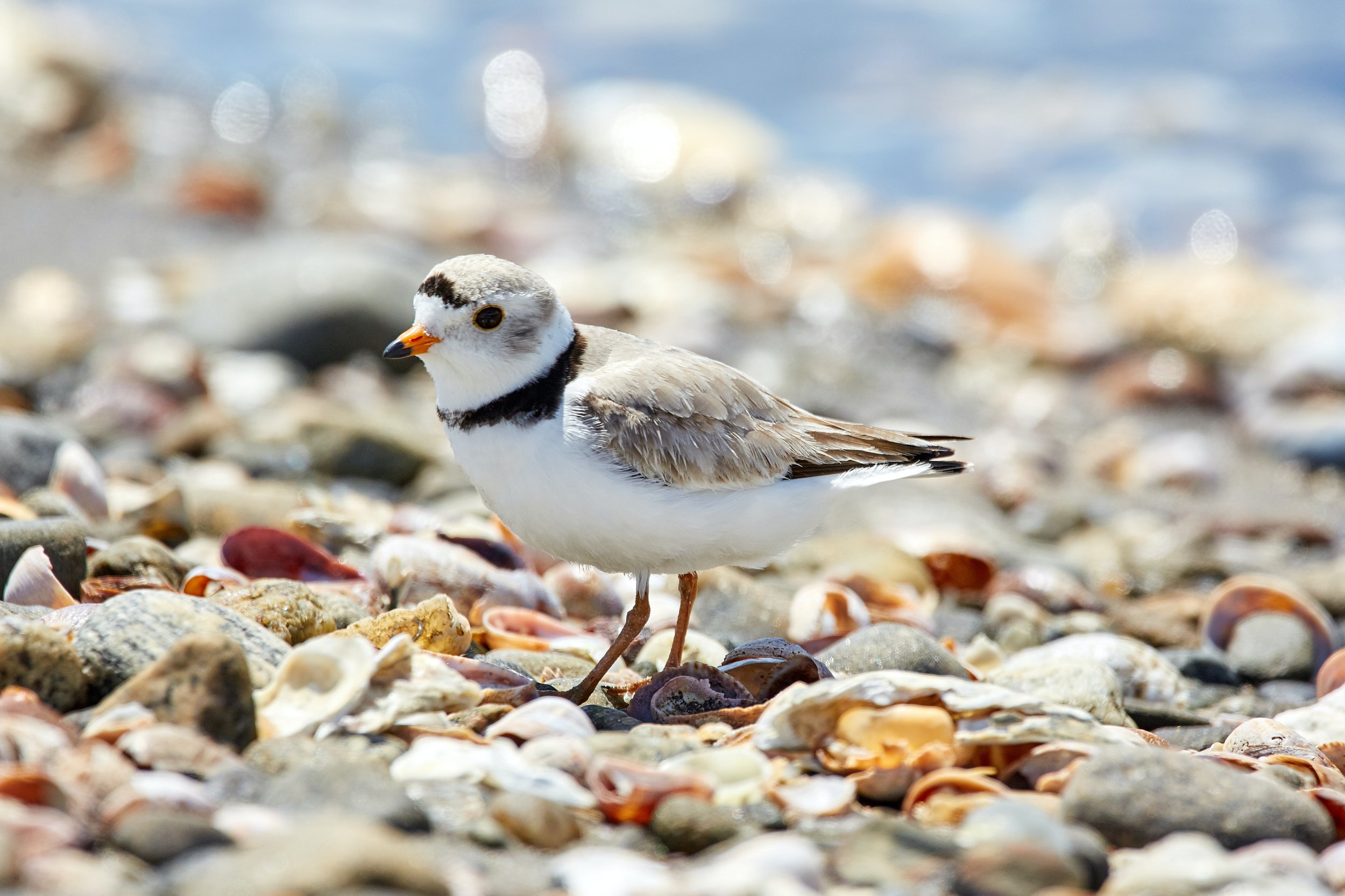
The Latest from the Coalition
On this page you can find the latest news from the Coalition, including stories of restoration successes, profiles of ongoing clean water issues, policy updates, and press releases.
Analysis: Biden Budget on Great Lakes, Drinking Water
The Biden Administration released its proposed federal budget on March 9. The Healing Our Waters-Great Lakes Coalition has analyzed the budget vis-à-vis our core clean water and Great Lakes programs.
Coalition Submits Testimony to Appropriations Subcommittee in Support of GLRI
The Healing Our Waters-Great Lakes Coalition submitted testimony from Coalition Director Laura Rubin to Congress, urging House and Senate leaders to fund the Great Lakes Restoration Initiative at $425 million.
Task Force Members to Biden: Canada Essential to Great Lakes Restoration
Earlier this week, members of the Great Lakes Task Force sent a bipartisan letter to President Biden, urging him to highlight the importance of the Great Lakes during an upcoming visit to Canada.
Building Up Tribal Capacity for Natural Resource Management
Building up the Lac Courte Oreilles Band’s capacity for natural resource management aids in monitoring and conserving culturally important native species such as wild rice, and promotes community awareness and education around the Great Lakes ecosystem.
Litter Traps Help Protect Water Headed to Lake Erie
Funding to install two trash collection devices prevents 700 to 4,000 pounds of trash annually from reaching Presque Isle Bay and Lake Erie.
Removing Impediments and Impervious Surfaces to Benefit Fish and People
Removing impervious surfaces and impediments to fish passage in Euclid Creek will contribute to improving the local ecosystem, removing the Cuyahoga River as toxic hotspot, and restoring Lake Erie.
Aquatic Habitat Helps Lake Ontario Fishery
Building spawning beds in two Lake Ontario bays are helping native fish species as well as threatened lake sturgeon recover.
Building Green Infrastructure for the Protection of Ecosystems and Communities
Restoring natural areas with native plants will help the city of Grand Marais absorb storm water and reduce flooding and runoff pollution into Lake Superior.








